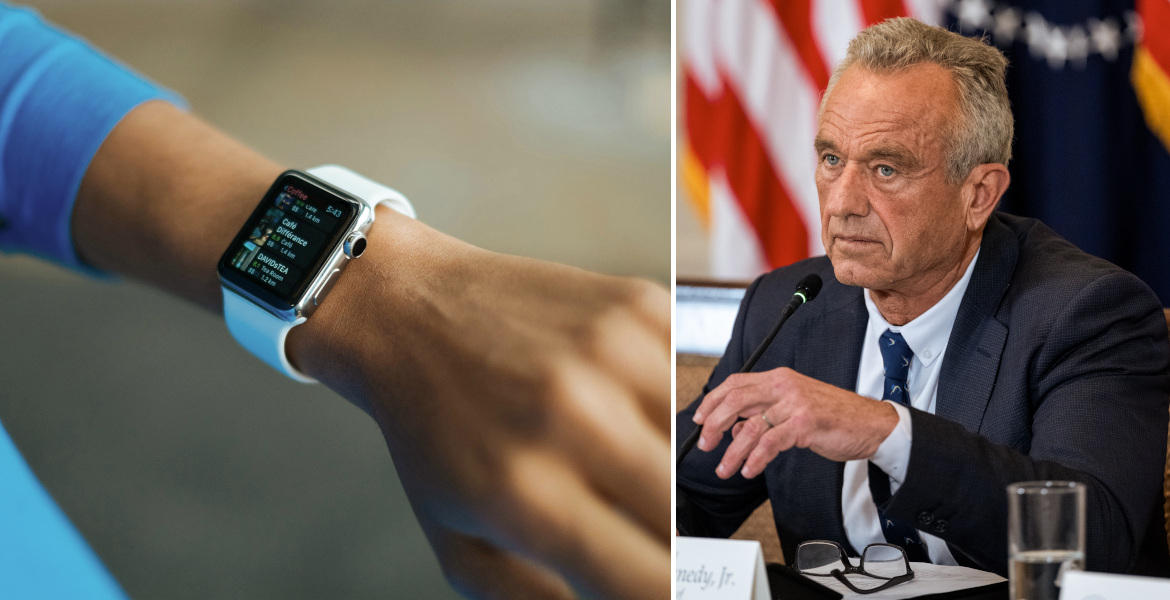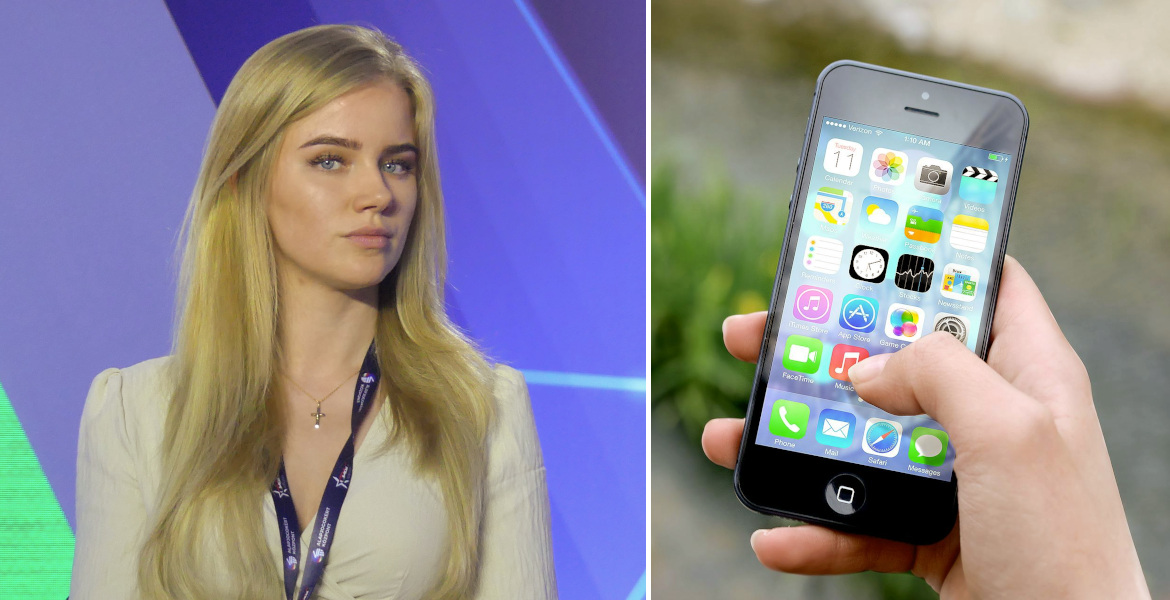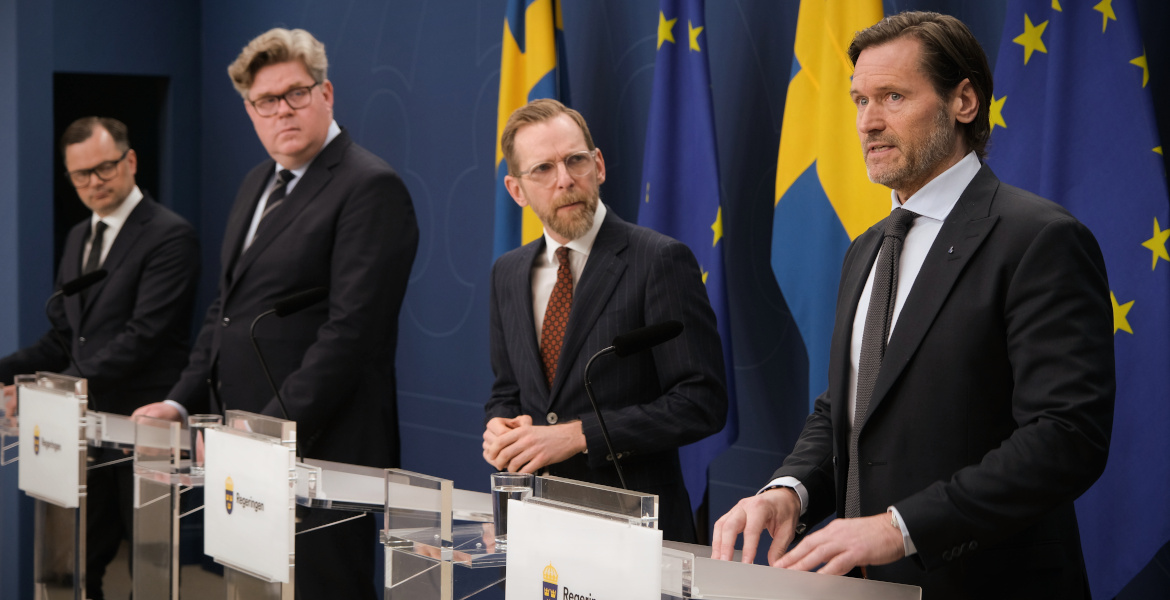We Need New Troops
You might remember a few months ago I interviewed Phil Zimmermann, the creator of PGP, which became the most widely used email encryption software in the world.
Phil and I spoke about the war against privacy in the early ’90s. When Phil published his PGP code as free, open-source software, he wanted to help people protect their privacy. For this, the U.S. government investigated him for three years, claiming he was effectively trafficking munitions.
Phil fought the government alongside a group of hackers and cryptographers known as the Cypherpunks, who stood firm in their belief that privacy is a fundamental human right. Phil laid out this argument in his essay titled Why I Wrote PGP, where he explained that without the ability to communicate privately, democracies slide into autocracies:
“The need for protecting our right to a private conversation has never been stronger. … Ordinary citizens and grassroots political opposition groups need to protect themselves against these emerging autocracies as best as they can. If an autocracy inherits or builds a pervasive surveillance infrastructure, it becomes nearly impossible for political opposition to organize, as we can see in China. Secure communication is necessary for grassroots political opposition in those societies. …
PGP is good for preserving democracy. If privacy is outlawed, only outlaws will have privacy.”
These early battles, known as the First Crypto Wars (where “crypto” is short for cryptography), were won, and individuals were once again able to exercise their right to privacy in the digital age:
“It has been a long struggle, but we have finally won, at least on the export control front in the US. Now we must continue our efforts to deploy strong crypto, to blunt the effects increasing surveillance efforts on the Internet by various governments. And we still need to entrench our right to use it domestically over the objections of the FBI. PGP empowers people to take their privacy into their own hands. There has been a growing social need for it. That’s why I wrote it.”
This essay was written in 1999, and while the battle may have seemed won-and-done at the time, we have since found that it’s ongoing.
Today, there is a massive assault on privacy, with hidden code in our apps tracking our activities, governments skirting checks and balances by purchasing vast amounts of data from brokers, and the normalization of surveillance creating a dangerous complacency around the loss of privacy.
Phil Zimmermann has since realized:
“We are going to need fresh troops.”
Learning From Battles of the Past
We won’t win unless we inspire others to join our cause. During the First Crypto Wars, people were galvanized by rallying cries from pioneers like Phil Zimmermann and manifestos written by Cypherpunks like Tim May and Eric Hughes.
I can’t possibly expect to reach their standards, but I have tried my hand at writing a manifesto. My hope is that it might contribute, in some small way, to encouraging people to join us.
I have also soft-launched a new institute—a nonprofit dedicated to helping people maintain their freedom and dignity in the digital age. I haven’t officially announced it yet (you’ll hear more in the coming months), but our board of advisors is packed with inspiring Cypherpunks who fought these early privacy battles, including Phil Zimmermann himself.
This manifesto may seem intense in a world where surveillance has become normalized. But we need to shift the Overton Window back to a place where individuals are empowered in their own lives. As Phil said in his essay, “There’s nothing wrong with asserting your privacy.”
Here it is. Tell me what you think.
Naomi Brockwell
CLICK HERE TO READ THE MANIFESTO










